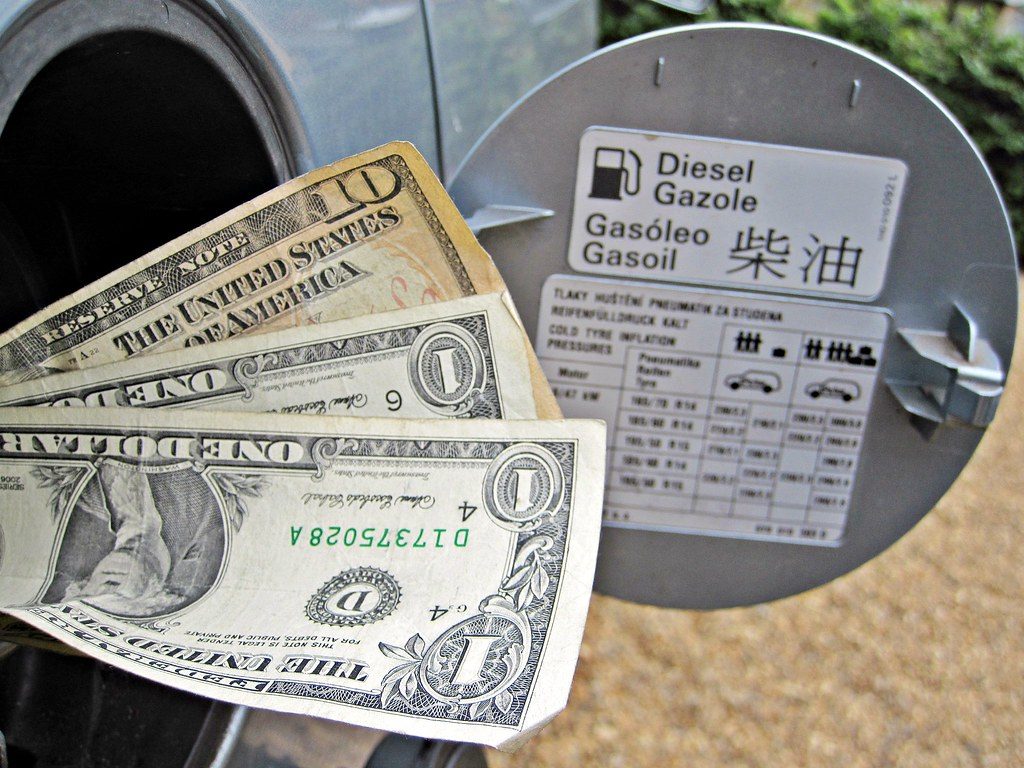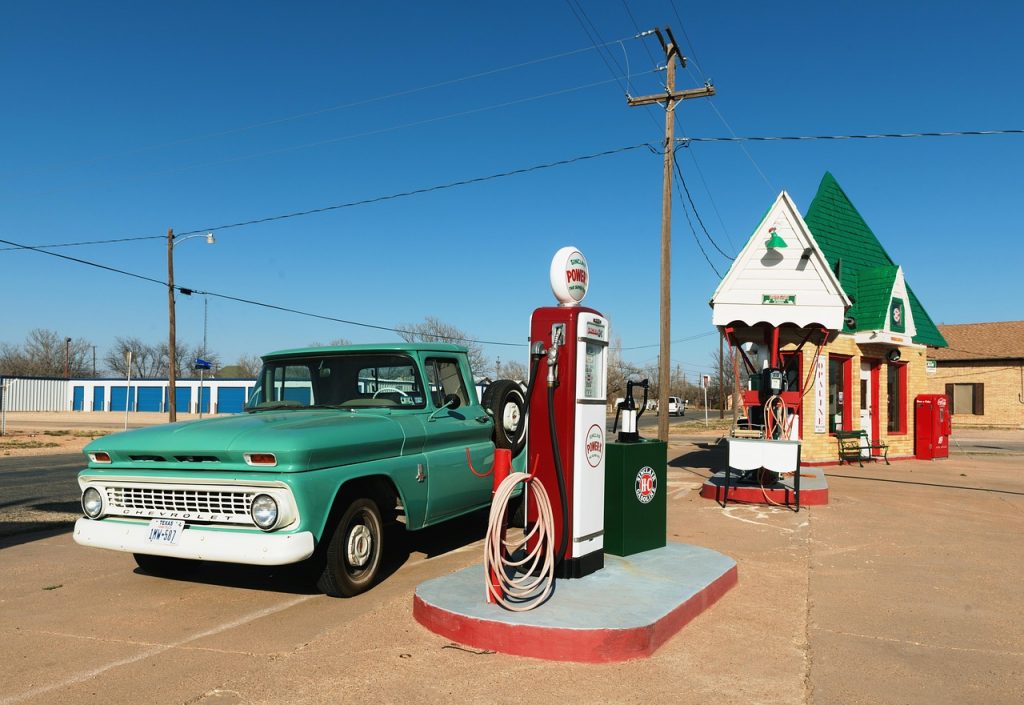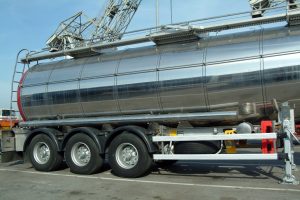Unusual fuel over-consumption should alert you, especially if you have not changed your driving habits, journeys, and your vehicle is not more loaded than usual.
Indeed, if your car starts to consume abnormally and seems less lively, it is because there is a technical problem often resulting from neglected maintenance.
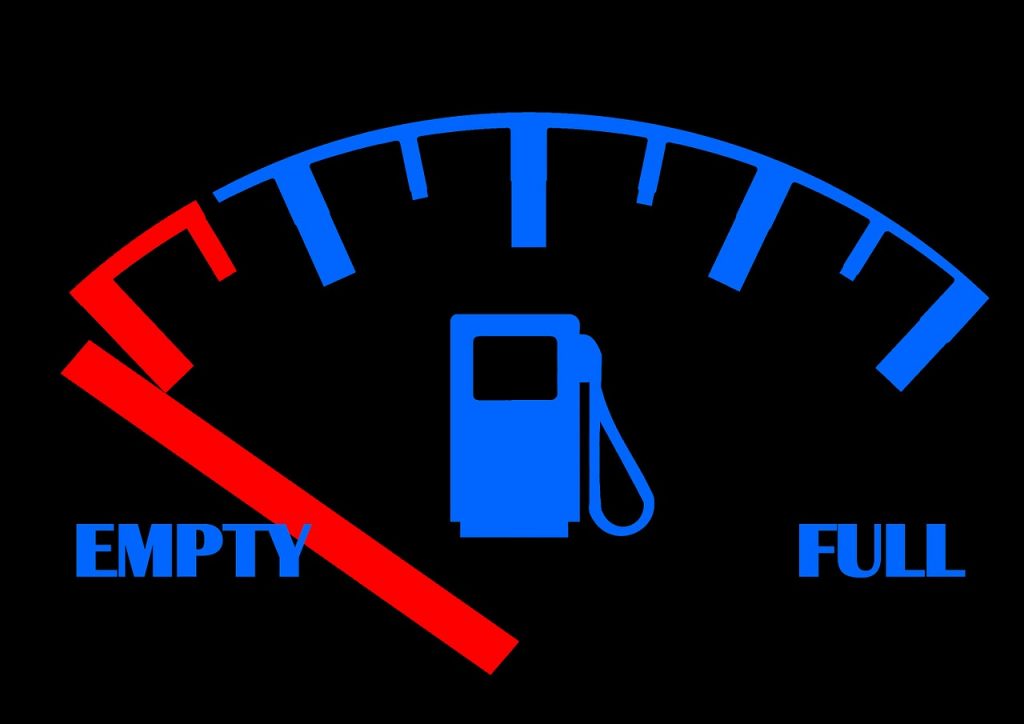
Here are the most frequent causes of over-consumption.
1. Winter or under-inflated tires
Tires are the first mechanical cause of over-consumption. If they are specialized in “Winter” or worse, “All-terrain,” their higher lamination will increase fuel consumption. Reinstall your summer or all-season tires as soon as possible and choose them to reduce fuel consumption. It is sufficient to give priority to those rated A or B on the energy label of tires, which have been mandatory since July 1, 2012.

Remember to check your tire pressure at least once a month. To consume less, you can over-inflate to the pressure recommended by the manufacturer when fully loaded. Visually, the sidewall of your tire will almost no longer be deformed on contact with the ground, which will prevent this loss of energy. However, note that driving comfort will be reduced, especially if you do not have (hydro)pneumatic suspensions!
Note: this regular check is essential because tires are a vital safety element that is too often forgotten. However, an inflation valve always leaks, even when it stops. Their poor condition or under-inflation can lead to a fatal burst at high speed and under load, mainly if it occurs on the rear wheels.
2. A dirty air filter
To get an idea, don’t forget that this component filters 2400 L/min for a 4-stroke engine 1600 cm3 at 3000 rpm and much more with a turbocharger! Like the one in your cabin, it clogs up quickly, especially in the city and in summer (ground dust).
When the filter is clogged, your engine will over-consume, over-pollute, and lose power, especially in the case of petrol, LPG and CNG (Natural Gas). Easy to check and quick to replace, its low cost will quickly pay for itself, think about it!
3. Air conditioning compressor
The latter can reduce your engine from 3 to 10 HP by increasing fuel consumption by the same amount!
Think about switching it off or in ECO mode and first ventilate your car in the open sun while driving before starting it.
Use it only if it is indispensable by setting your temperature 10°C lower to limit its impact on your fuel (up to +45% in urban areas!).
Finally, choose shaded parking and very bright car colors that naturally limit the heat inside the cabin.
4. Incorrect ignition and carburation settings
Especially for pre-1991 gasoline vehicles (very often equipped with a carburetor and not an injection system), ignition and carburetor settings are essential to avoid over-consumption and, above all, over-polluting.
If the settings have not been checked for more than 30,000 km, remember to check the deadlines in your maintenance logbook, and take your car to a good mechanic for development and diagnosis for these checks.
In case of proven problems with black smoke (too rich carburation), blue smoke (oil) or clear misfires (ignition), do not wait!
Similarly, a sudden lack of power should also alert you: a vehicle that is out of adjustment will consume much more fuel, and will develop less power.
For the majority of cars in the current fleet, injection coupled with electronic ignition requires little or no monitoring, provided that branded and premium quality fuels are used.
In the case of diesel engines, dark or even black smoke in the exhaust during high accelerations should alert you. It is most often a problem with the carburetor or blocking of the exhaust gas recirculation valve (EGR). Ideally, it should be removed and cleaned.
Note: in an emergency, and if the fouling is not too severe, you can try to repair it yourself by spraying some special treatments.
5. Clogged exhaust system
Particulate filters (PAFs) are installed in front of the exhaust system to meet Euro 5 and 6 standards. However, they tend to clog it with soot because they cannot regenerate themselves by cold urban driving.
In this case, the motor becomes dusty, and an indicator light or alarm will tell you the cause of the problem. Most of the time, it will be the check engine lamp.
Note: while waiting for cleaning in the workshop, you can add additives to the fuel even if it is a premium one and drive fast at full load (the rpm should climb above 5 or more).
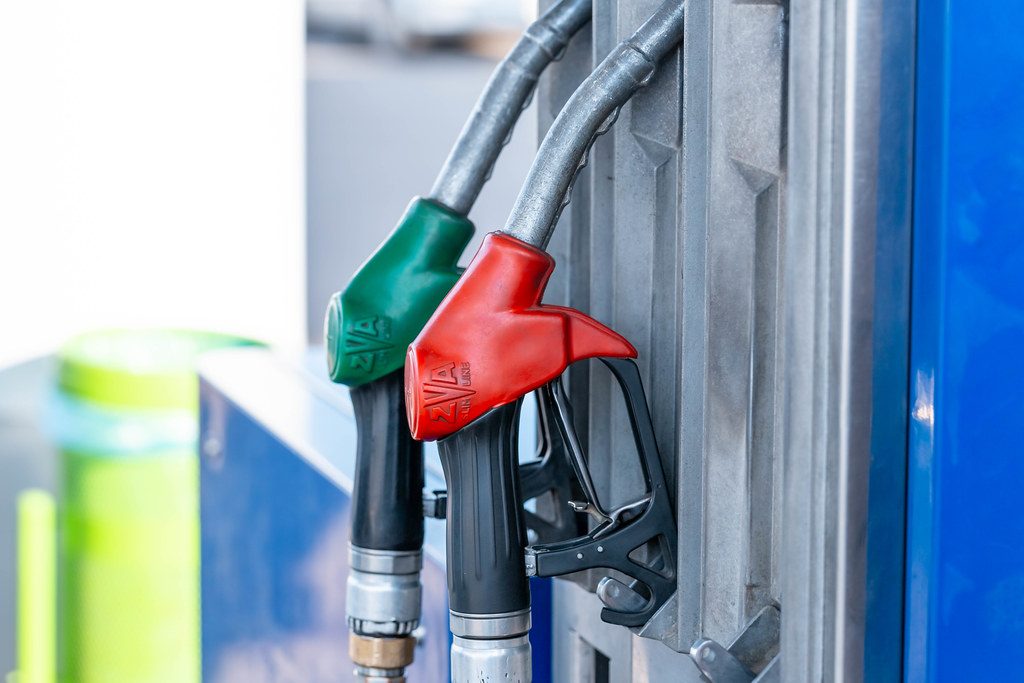
Good to know: in general, an adjustment is not very expensive, and will be done on an appointment of less than one hour whereas a poorly adjusted vehicle becomes painful to drive while consuming and polluting a lot!
Discover the world of cars and vehicles through my blog! From simple car hacks to great tips on car maintenance, there is a variety of articles to read and apply. Visit my blog!

